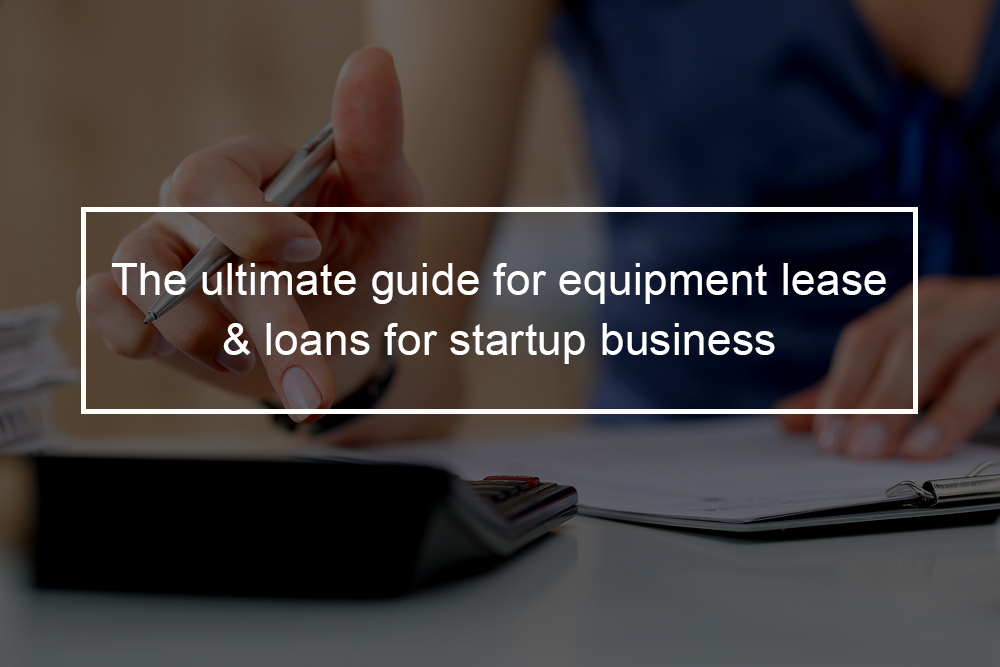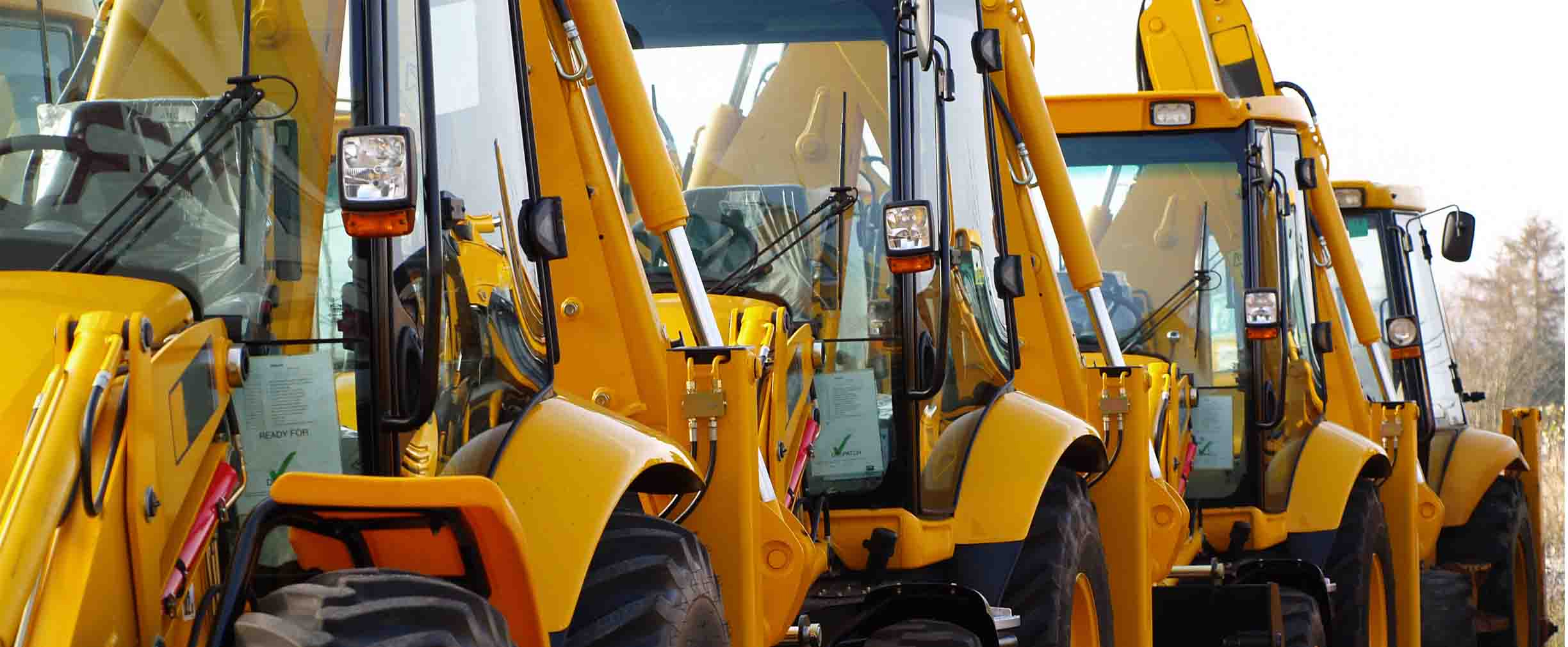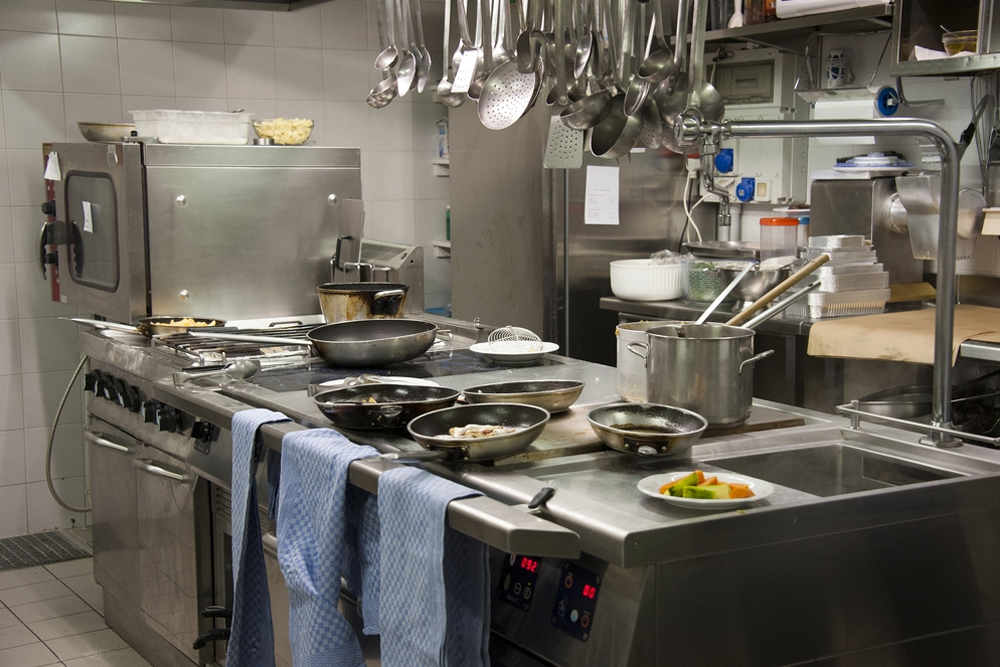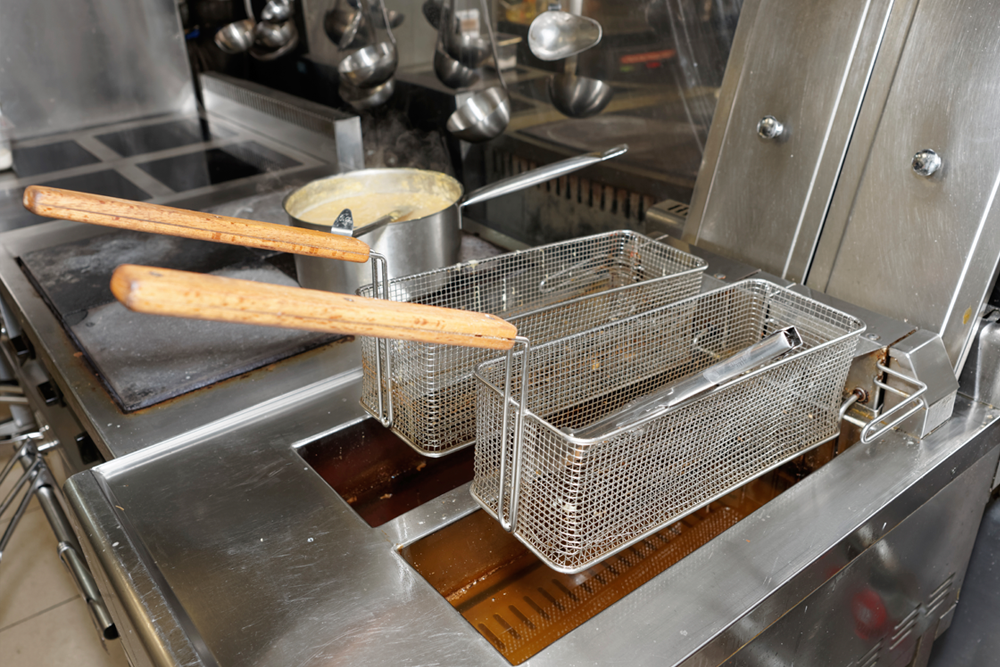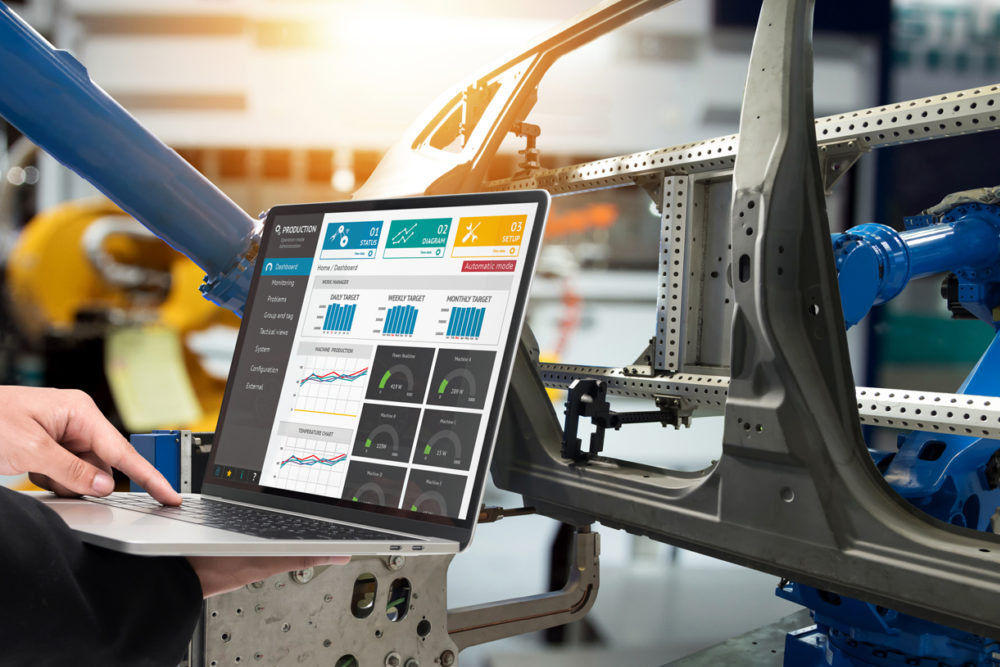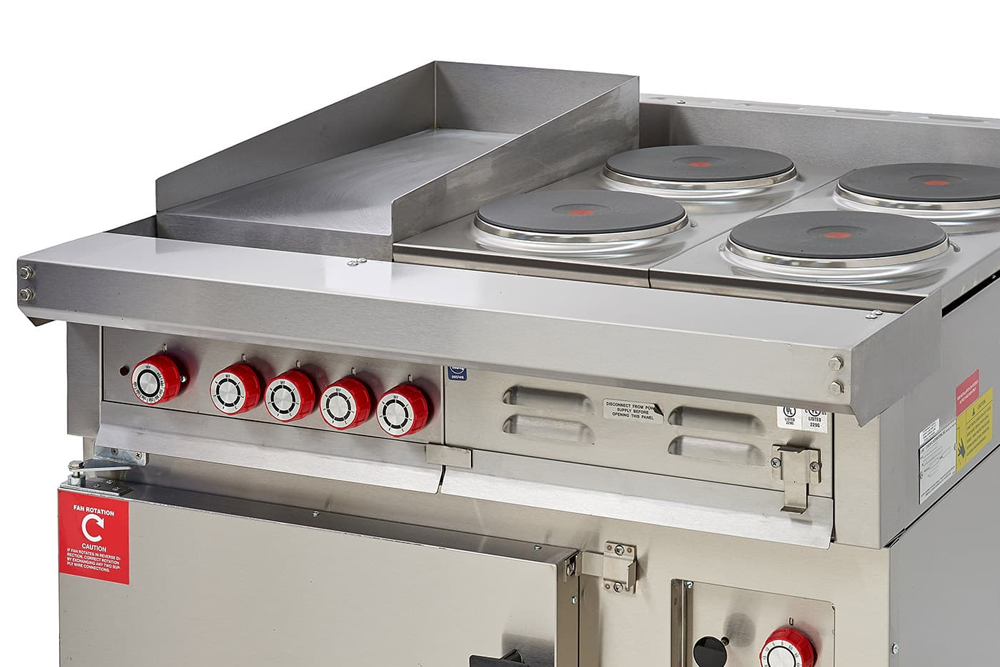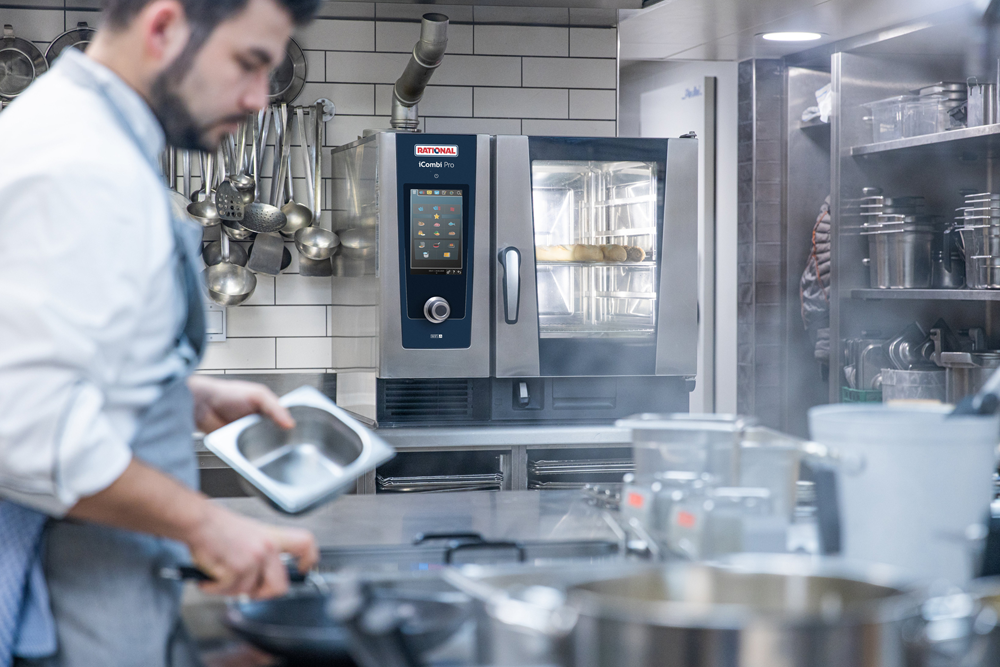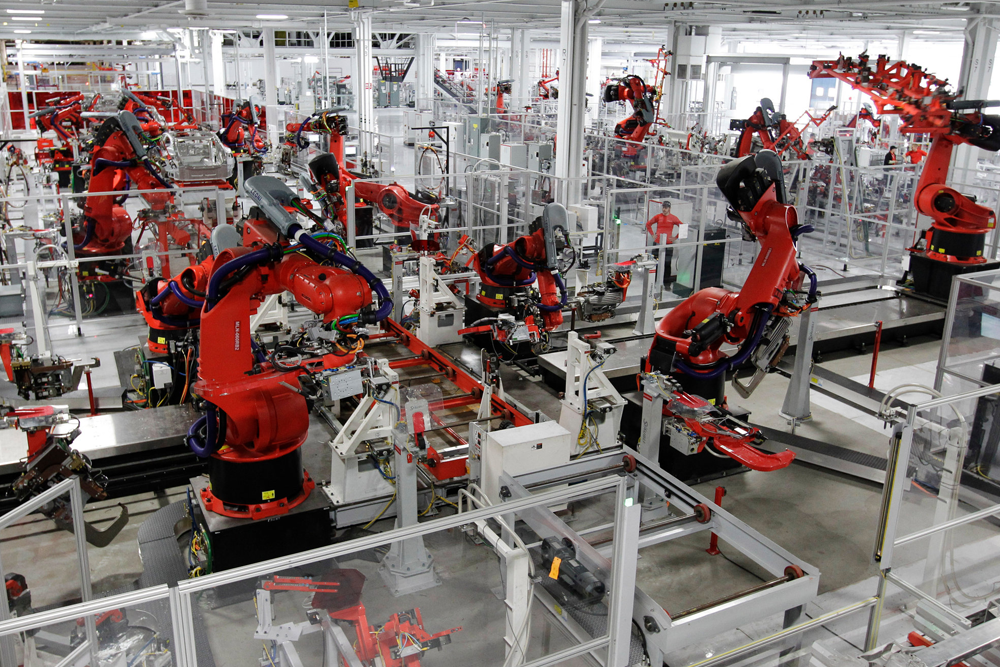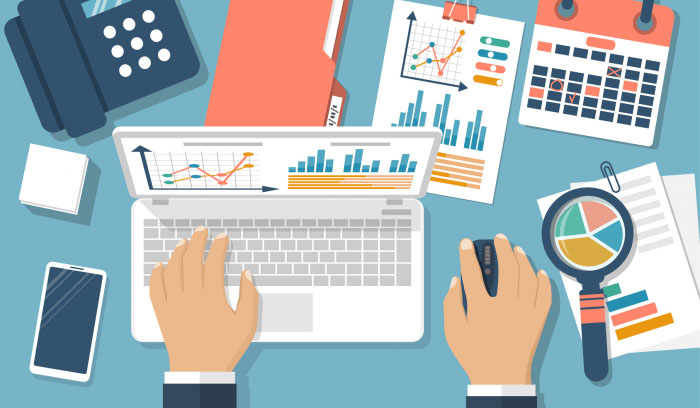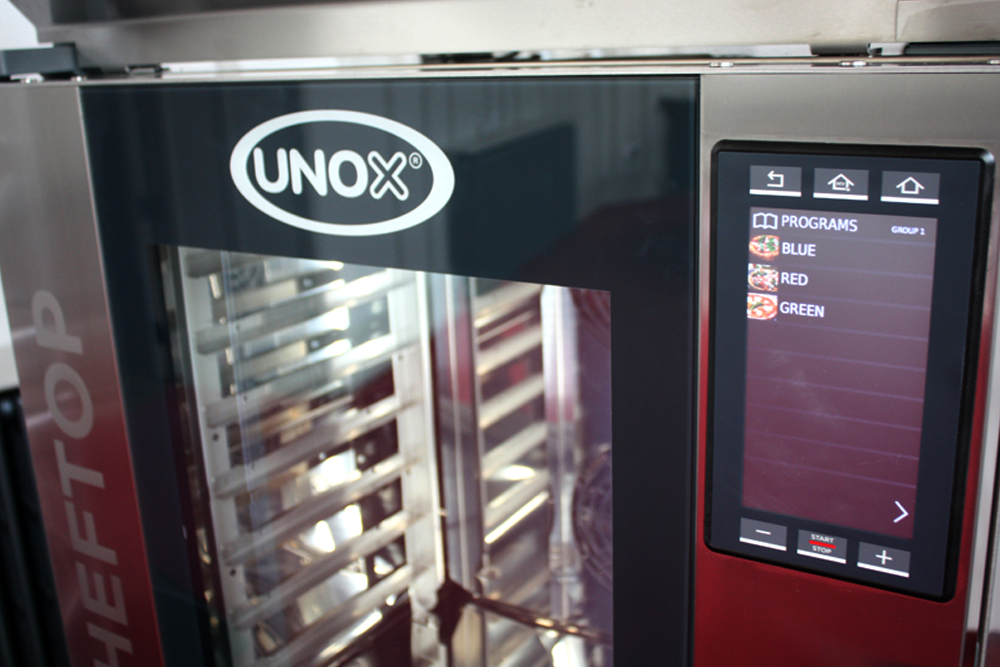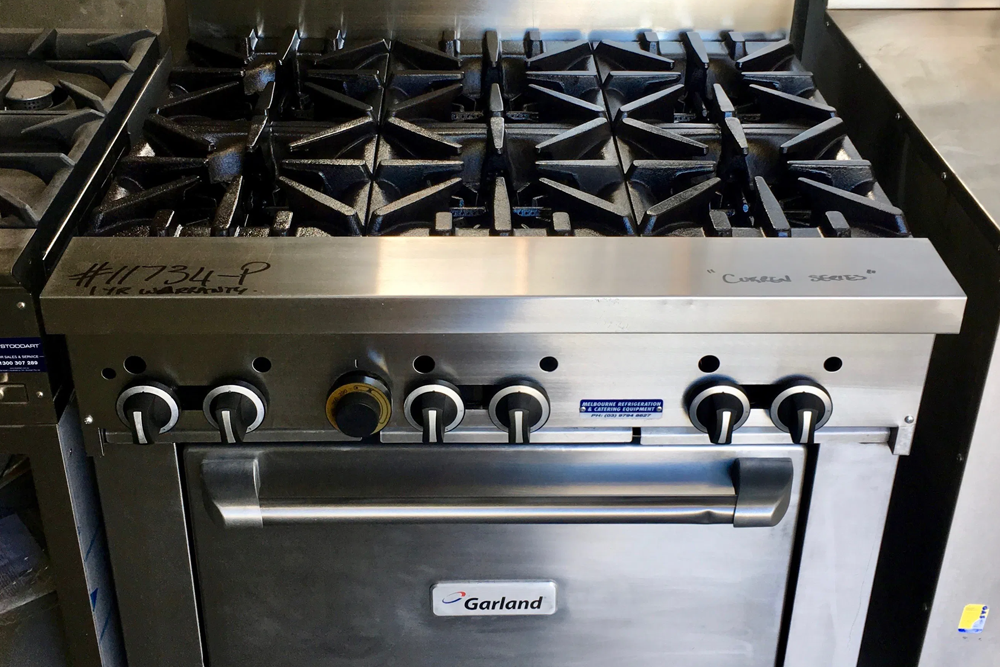The first few months of any new business can be critical to its long term success. When you are running a startup business, you are an unknown quantity; your customer base has not solidified, and many lenders might be reluctant to take a risk on you. Still, you will need to find ways to get the equipment you require to make your business a success. If you are not independently wealthy, that indicates getting financing. Below, we will walk you through some scenarios when you should look for equipment financing to get your startup off the ground.
What is a startup?
In the business world, the word “startup” is often fetishized in conjuring photos of sweatshirt-wearing innovators who lie in pods in the Bay Area and finally pushing out some type of software application.
Nevertheless, the truth is that you do not have to be a Stanford whiz kid with shadowy angel investors to own a startup. You simply have to be running a new company–typically between zero-to-two years old, sometimes three–that is trying to capitalize on perceived market demand. Startup businesses are often at a stage of development where their revenue is uncertain, and might not be able to sustain the business long-term without a larger customer or a cash infusion from those venture capitalists we always hear about.
Since they are at a stage where their finances are not stable, startup owners usually have a tough time accessing other kinds of lending. However, equipment financing has some properties that can make it accessible even to startups.
How equipment financing works for startups?
As the name suggests, Equipment financing funds financial products designed to help the borrower acquire physical assets for your business. This can include anything from computers, vehicles to ovens, heavy machinery, etc. Why is there specialized financing for these kinds of expenses, and why should startups care? Well, since you are dealing with a physical asset that has resale value, your lender can place a lien on the asset you purchase, allowing it to act as collateral for the loan. If you default, your lender can recover the item and resell it. This alleviates some of the risk lenders take on when dealing with entities that do not have a long, stable history. Typically, all equipment loans are secured loans. Leases have their logic, which we will touch on in the next section; however, they also benefit from working with a transferable asset.
Equipment leases vs. equipment loans
One of the more confusing features of equipment financing is that it comprises two very different kinds of financing that are discussed interchangeably. These are equipment leases and equipment loans.
Let us begin with the more familiar: equipment loans are installment loans utilized exclusively to acquire hard assets. They utilize the asset as collateral for the loan, often resulting in better terms. Payments, made monthly, are often spread out over a very long window (three to seven years). In most cases, you will be awaited to make a downpayment on the equipment in the neighborhood of 15-percent. Equipment loans often have better rates than comparable leases.
Generally, equipment leases are a universe unto themselves. Whereas they were traditionally used for renting equipment, and still are, leases contain far more than simple rental agreements. Based on the lease agreement, either you or the financing entity (known as the lessor) own the asset’s title for the lease duration. This has fairly profound tax ramifications, so ensure you talk to an accountant if you are trying to increase your value here. Similar to loans, leases spread the cost of your equipment and interest throughout the term length.
Unlike equipment loans, some of the cost is justify over after the term length, an amount known as a residual. This amount might be as little as $1 or as high as the asset’s fair market value. How much it is based on the kind of lease you got. Capital leases, which are intended to replace loans, generally end with a small residual, and you assume full ownership of the equipment. Operating leases, usually shorter in duration, will leave a larger residual. Nonetheless, you will have the option to return the equipment as well as purchase it. Leases also generally finance the full cost of your equipment, deduct the first and sometimes last month’s payment, making them a better choice if you do not have a large sum of cash lying around.
6 Times startups should consider equipment loans
Business equipment financing for startups is a great fit for new business operations. If approved, equipment loans for startups offer the ability to get the gear you are looking for at a price that will not bury your startup business. Frankly, almost everything about new business equipment financing lines up with startup business needs. But here are six critical times when you should consider looking for equipment financing.
You find it hard to afford equipment for your startup business.
Regardless of whether you are looking into purchasing a coal-fired oven or a couple of laptops, your startup business will possibly run into a period during which you will need to invest in some equipment. After all, a new company’s initial stages are about getting your product or service and your name out there and then growing. It is costly to set up a startup—and you should not feel like you are doing something wrong if you can not find the liquidity to pay for a forklift out of pocket. Most new companies can not, which is why startup equipment financing exists. (If everybody could, do you think it would? That is what we thought!) Because starting a new business involves considerable up-front investment, equipment loans for new companies make a good deal of financing possible.
You can’t qualify for other, unsecured loans.
With an unsecured loan vs. a secured loan, a lender has guaranteed, high-value collateral that they are able to seize from the borrower in the event of a default. That is good for the lender, since they see the business loan as less risky—which increases the chance of approval, and the possibility for better terms, too. Note, as a borrower, you always want to reduce the bank’s potential for risk! Thus, if you apply for equipment financing as a startup company, the odds are more stacked in your favor with this secured financing, than they would be with a traditional unsecured business loan. Generally, equipment loans for startup businesses are less risky for the financing partner, since they have that kind of tangible collateral baked into their definition—the equipment itself.
Besides, as a startup business, you will likely need all of the help you can get. Usually, lenders hesitate to work with new businesses, simply because their lack of tenure proves to be a liability in some situations. Having the equipment collateral automatically tied to equipment loans for startup businesses makes them that much more accessible for startups that are not necessarily the ideal borrowers for most lenders.
You want to access more affordable rates on loans.
The less credit history you have as a business owner, the riskier you look to a lender. As you might anticipate, as we mentioned above, more risk equals a more costly small business loan. Mainly with unsecured financing.
However! Equipment financing for startup businesses enables new businesses to secure financing with more affordable terms than they would normally be able to access otherwise. It all connects to that self-secured loan type, reducing the risk for the lender. Since equipment financing is risky or risky, for lenders, startup companies can access lengthier repayment terms and affordable interest rates through equipment loans for startup businesses.
You need equipment that depreciates quickly.
Some kinds of equipment (think computers) have much shorter effective lifespans than others. Operating leases enable businesses to use and then return equipment that might not make a good longterm investment.
To take advantage of the latest technology.
Equipment financing empowers a business to obtain the latest machinery and equipment that ultimately increases efficiency and production. Even if you are a startup, you will eventually out-produce your competitors if you have the greatest and latest equipment at your disposal. This is a competitive advantage every startup business needs.
Greater purchasing power
You can use equipment financing when buying equipment to obtain more purchasing power, which you can leverage to negotiate for a lower price and a more favorable agreement. There are many circumstances and reasons that make equipment loans an appealing option for startups. At a glance, you might think it would be better just to pay cash for essential equipment, therefore avoiding starting your new business with debt. However, while that seems like great logic on the surface, based on how much cash you really have on hand, trying to avoid equipment financing entirely could put your new business at risk.
Cash flow is a pressing concern for any business owner. Buying business equipment naturally makes an impact on your cash flow. Equipment loans, nonetheless, can actually help cash flow issues because an equipment loan allows you to spread the cost of the equipment purchase out over time. This enables you to hold some of your cash in reserve, which can come in handy with all the uncertain costs that arise when running a business.

